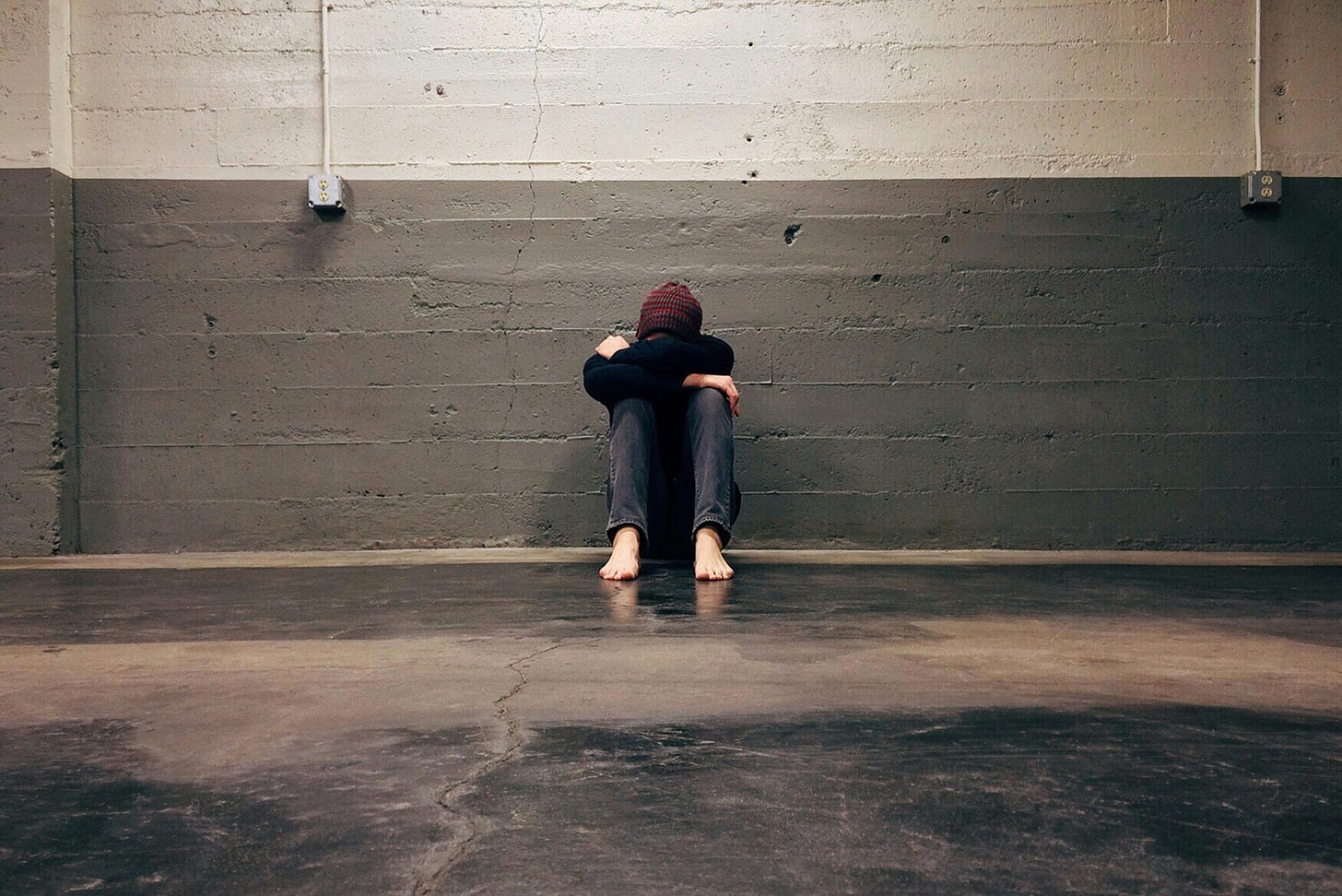In our fast-paced, high-stakes world, it’s not uncommon to experience intense internal conflict. From war to family problems to illness, this internal conflict stems from witnessing or participating in actions that deeply contradict our core beliefs. When this happens, we experience moral injury.
Moral injury a psychological, emotional, and sometimes spiritual wound that occurs when someone feels they’ve violated their moral code or has been betrayed by others.
And moral wounds hurt.

Human beings are ethical creatures. Moral injury can affect any of us, but it's particularly common among high-empathy people working in fields such as healthcare, the military, law enforcement, or social services. These roles often involve life-and-death decisions, witnessing harm, or being asked to participate in actions that contradict our personal values.
How is Moral Injury Different from PTSD?
While Post-Traumatic Stress Disorder (PTSD) and moral injury share some overlapping symptoms, particularly feelings of guilt, shame, and emotional distress, they originate from different experiences. PTSD is typically triggered by a life-threatening event and is driven by fear. Its symptoms often include hyperarousal—such as constantly being on alert or experiencing flashbacks.
On the other hand, moral injury stems from an internal moral or ethical breach. It focuses more on guilt and shame—feeling like you’ve violated your core values. For example, moral injury might arise from actions that harmed others or failing to prevent an unethical situation, leaving you questioning your own integrity and sense of worth.
Both conditions can co-occur, but moral injury tends to be centered around moral emotions like betrayal, self-condemnation, or a loss of faith in yourself or others. This can make it particularly isolating. It’s not always easy to recognize or talk about ethically rooted pain, even among professionals trained to handle trauma.
Why Does Moral Injury Matter?
Moral injury can have profound impacts on emotional health, leading to depression, isolation, or even thoughts of suicide. It's important because it affects mental well-being and challenges how people perceive themselves and their place in the world. Left unaddressed, it can erode trust in oneself and others, leading to deeper psychological and social consequences.
However, recognizing moral injury is the first step toward healing. It’s not simply about reliving traumatic events but about finding ways to reconcile your actions with your core values. Specialized interventions like trauma-informed coaching, group therapy, and moral injury-focused treatments are emerging as effective paths to relief.
Moving Forward
Understanding moral injury opens doors to compassion—for yourself and others. It's a powerful reminder that our ethical dilemmas and emotional struggles are part of the human condition, and they need careful, tailored support to heal.
At Moral Injury Clinic, I hope to increase education on moral injury and distress, and help readers like you find the tools and community to help regain your sense of purpose and integrity.





Moral injury is a boy being raised on high speed modern internet porn he hates but can’t stop looking at, being told he likes it and it’s his fault. Oh and don’t shame your abuser. They’re to be praised publicly.
Rebecca, I hear you. Moral injury isn’t just about what happened—it’s about the break it causes inside, the way it pulls at everything we thought was solid. The hardest part isn’t even the guilt or the shame; it’s the isolation, the feeling of being severed from who we were before.
For me, the way through hasn’t been about fixing or erasing anything. It’s been about sitting with it, understanding what brought me here, and letting go of what was never mine to carry. That’s not easy work, AND it’s possible.
I put every single moral, belief, and value I encountered within me over the past four years on a pedestal, examined them 360°, traced their roots in me, in my family, and in history. After that, I rejected more than 90% as outdated, not mine, or misaligned with who I am. It’s a tedious process, requiring deep self-reflection, relentless self-inquiry, and the courage to redefine what is truly mine and what isn’t.
"Is this WHO I AM or is this HOW THEY WANTED ME TO BE?" That was the hardest question and the most difficult distinction.
I appreciate you bringing this forward. It matters.